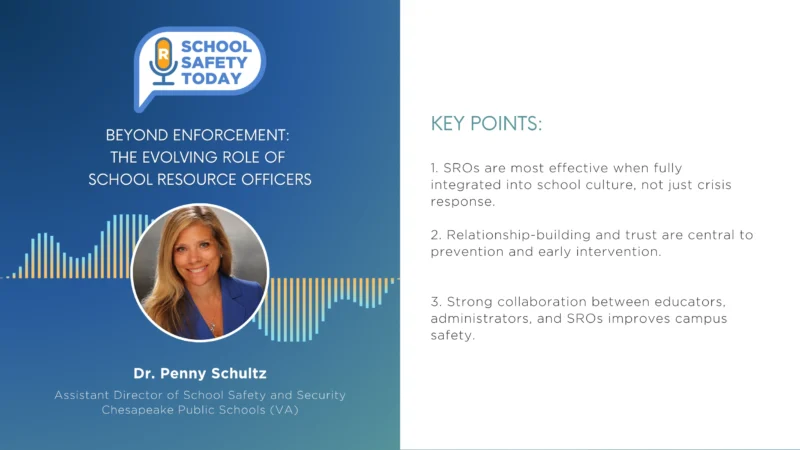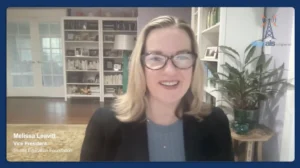Educators See Technology As Vital To Pandemic Recovery
Nearly nine in 10 educators believe that the need for technology in schools will increase in the next three years, according to a new survey released this week by the University of Virginia and the EdTech Evidence Exchange. Conducted as schools and districts navigate their response to the COVID-19 pandemic, the survey also found that an overwhelming majority of teachers and administrators (82 percent) expect students to need more personalized instruction this fall to mitigate the impacts of the crisis on the learning experience.
“The results of this research underscore the critical role that technology must play in helping schools provide individualized — and equitable — instruction in the coming months,” said Dr. Robert Pianta, Dean of the University of Virginia’s Curry School of Education and Human Development and chair of the EdTech Evidence Exchange. “In the wake of the pandemic, it’s become more urgent than ever that we work to better understand what technologies work in what contexts — so that schools and districts can select and implement edtech in ways that can improve learning outcomes, and mitigate persistent racial and socioeconomic disparities.”
The survey of a national sample of educators, including nearly 800 teachers and administrators, conducted as the 2019-2020 school year ended, found that 86 percent of respondents expect the need for education technology to increase in the coming three years. When it comes to learning how to use that technology, teachers tend to rely primarily on their instincts and their peers. The most common source of training for remote instruction, reported by 59 percent of educators, was informal, self-initiated professional learning. In addition, a majority of educators said that a source of information they want most for edtech decision-making is “educators working in contexts similar to mine.”
“Educators agree that we need technology now more than ever. But neither teachers and administrators, nor schools and districts, have the information they need to figure out what edtech tools will work best in their unique contexts,” said Verna Lalbeharie, co-chair of the EdTech Genome Steering Committee, and Managing Director of Digital Age Personalized Learning at the American Institutes for Research.“Facilitating better peer-to-peer learning, and connecting educators who work in similar contexts to learn from each other, may be effective strategies to support teacher’s use of edtech as a tool for learning.”
“The pandemic has exacerbated the country’s long-standing struggle to use education technology in ways that are not only effective, but equitable,” said Keith Krueger, co-chair of the EdTech Genome Steering Committee, and CEO of the Consortium for School Networking (CoSN). “Technology may be among the most promising lifelines we have to navigate our recovery from COVID-19, but that won’t happen unless we equip educators and administrators with a better understanding of what works, where, and why.”
The EdTech Evidence Exchange, a nonprofit affiliated with the University of Virginia Curry School of Education and Human Development, is working with schools and districts around the country to create a framework for better edtech decision-making. Backed by philanthropic and social impact organizations including the Chan Zuckerberg Initiative, Strada Education Network, and Carnegie Corporation of New York, the Exchange has brought together more than 100 influential education research and advocacy organizations to better understand what education technology tools work, where, and why — and put an end to billions of dollars in wasted spending on ineffective edtech.
“The disparate impacts of the COVID-19 pandemic are exacerbating long-standing issues of equity in education — and creating an unprecedented need for personalized, individualized instruction to remedy months of lost learning,” said Bart Epstein, CEO of the Exchange and Research Associate Professor at the University of Virginia. “Millions of students, particularly those in low-income communities, have received limited or no instruction over the past five months, while many of their better-resourced peers continue to make academic progress. But educators can’t close that gap alone. Well-chosen, thoughtfully implemented education technology may be our best chance to ensure that all students get the instruction they need, both during and after this crisis.“
To learn more about the survey, download the results here.









